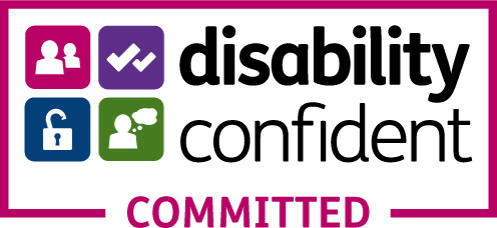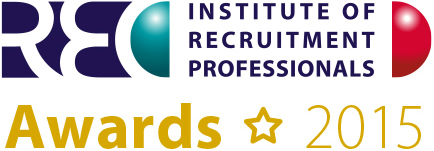Top tips for avoiding job scammers
It’s easy to fall for a job scam. No really, it is. When you’re keen to find new employment, our brain wills us to believe that opportunities are legitimate, which is what the fraudsters rely on. Some victims have even turned up to the place of work ready to start their new job only to find that the employer has never heard of them. It’s tragic, but there are ways to protect yourself.
Last week we looked at some ways to identify scams. Today, we’re going to continue our deep dive into job scams, and give you our tips for avoiding them.
Ways to avoid being scammed
Never divulge personal and financial information
Employers will ultimately need your personal details and bank account information once you’ve agreed to join their payroll, but this should never be disclosed until you’ve negotiated your contract, so keep those details to yourself until you’ve carried out due diligence on the company’s reputation and marketplace record, and are comfortable with the company’s privacy protection policies.
A legitimate job should be clear and precise
Read the job specifications and responsibilities, instead of relying on heavy marketing and sales copy, success stories, testimonials and hype. Testimonials are all well and good, but recruiters are looking for appropriately skilled applicants, and so legitimate adverts will typically detail a lot about the role.
Check for known “red flags”
Keep the checklist from last week handy as a way to stay vigilant. It’s easy to get caught up in the moment when the job pool has run a little dry, and it’s important to keep perspective. Check out the company’s credibility and complaint record with friends or contacts from the industry or seek advice from other reliable third party resources, such as the Chamber of Commerce or institute bodies.
Glassdoor is another great resource – it’s a website where current and former employees rate the employer, but you need to ensure you’re applying for the real Asda, Lloyds TSB or whatever company it is first, otherwise this won’t be of much help.
Work with reputable recruiters
Always work with a reputable recruitment firm or job agency. Proceed with caution whenever you receive an email which claims to have seen your resume online and invites you to complete the application details online. You should check out the company through your internet browser and contact the organisation via telephone to find out if the job offer is genuine.
Post your CV anonymously
The increasing danger of identity theft or someone posing as an employer to gain an applicant’s personal data are good reasons to post an anonymous CV. Many scammers target genuine job seekers and obtain their personal particulars through fraud with the purpose to spam them with business opportunities – which are more often than not, fraudulent.
Looking abroad?
If you’re in discussion about a job abroad, ask the embassy representing the country where you believe you will be working how to obtain a visa and how much it costs. Check that the answers the potential employer gives you are the same – if they’re not, it’s a strong indication of fraud.
Remain sceptical
If the offer sounds too good to be true, most of the time, it probably is. Jobs that offer over-the-top income claims or ads that do not specify the details and requirements of the job itself should raise a red flag.
What shouldn’t I put on my CV?
Providing too much personal information on your CV could leave you vulnerable to scams. Too much personal information could lead to identity theft, where fraudsters can obtain your details, steal your identity and spend your money, take out loans or buy goods in your name. In most cases you should not be asked to include:
- Date of birth
- Residential ddress
- Full address
- Passport number
- Driving licence number
- National Insurance number
- Any physical characteristics
- A photo (unless it’s an acting or modelling job, but you usually have a portfolio for this instead)
- Any financial information whatsoever
If you have been scammed
If you think you’ve been scammed, you must stop all communication with the scammers immediately. If you can, take a note of their details and report them to SAFERJobs (an organisation set up by the Metropolitan Police to help combat employment fraud) and report the attempted scam to any website where you’ve listed your CV.
If you’ve given them any money or shared your bank account details with them, contact your bank immediately. If you notice that you have had money taken from an unknown source, also report the matter to the police immediately, with copies of all correspondence, contact details of the fake organisation, and bank or credit card statements if you suspect that your identity may have been stolen for illegal activities. Remain on high alert for future attempts on your account for any further activity.
Moving forward
If you start to feel that things aren’t right, trust your gut. Ask questions and pay close attention to the answers. Slow the recruitment process down (scammers usually attempt to act quickly), and don’t be pressured into making a commitment or giving out personal information. Do more research. If it turns out to be a scam, report it to the authorities.
Our Awards and Accreditations













 03333 235 900
03333 235 900 Login / Register
Login / Register
